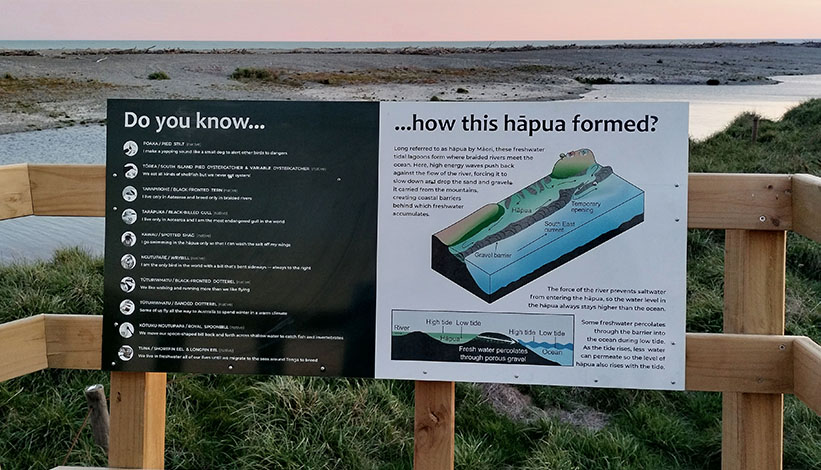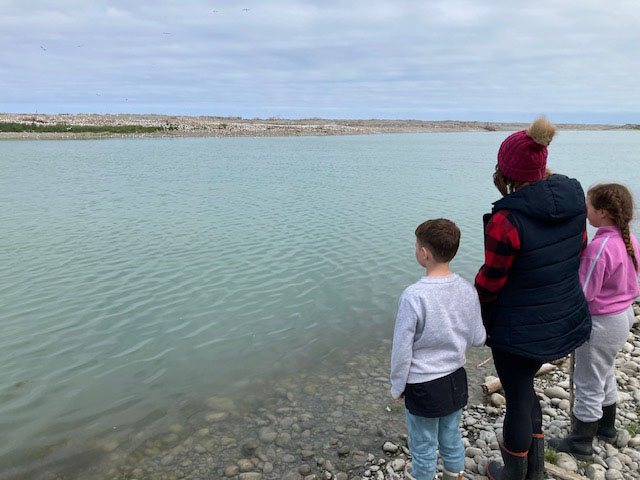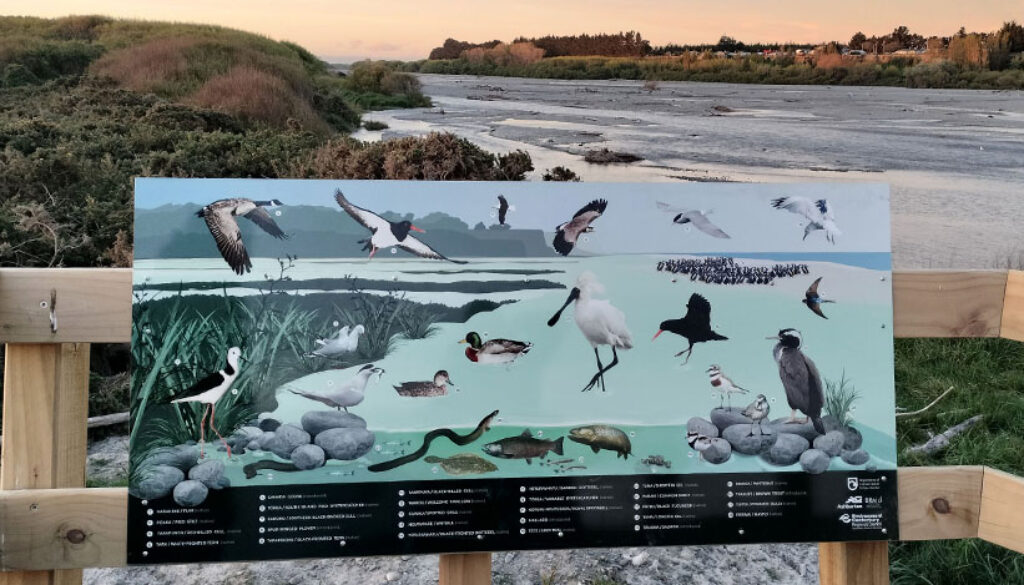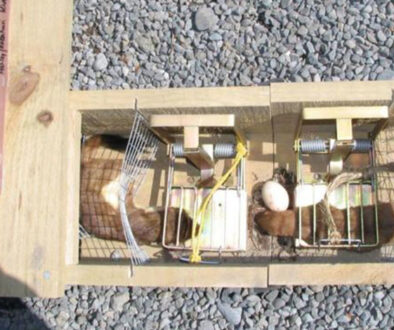Newsletter #84
Thanks to everyone who attended the last General Meeting and AGM. The minutes of both meetings, the Chair and Managers’ reports, and the Annual Financial Accounts review are available on the Members’ Area of the website. You don’t need to be a member to access this. As Braid is a registered Charitable Trust, we make all information accessible to the public.
Would you like to join BRaid’s management committee?
Our current committee includes representatives from ECan, DOC, OSNZ, Forest & Bird, and others. The role is not arduous as we meet only a few times each year. See here for our Objectives.
Funding
We are delighted to announce that we have been partially successful in our application to the Waitaha Action Fund. While there is less funding for 2024, this will enable us to maintain the website, update you with newsletters, and run the 2024 Braided Rivers Seminar.
Thank you to those who have donated this past year. Remember, donations are tax-deductable. Please scroll to the bottom of the page for details.

Bird Surveys
- Help needed for the 12 November Orari River bird survey. There is no need to be an experienced birder, just keen eyes and feet capable of spending a few hours walking the lower reaches of the beautiful Orari River. If interested please contact Sven Johnston email: nzsven@yahoo.com or give him a call: 0211513239.
- Please remember to send me completed surveys so that I can add them to the website.
- Thanks to Edith for sending this anecdotal report:
Don Geddes visited the Rangitata shingle bank on the Ashburton (north) side in early October and thought there were about 4,000 to 5,000 Tarapuka black-billed gulls there.
Yesterday the gulls were obviously settled (as they can be) and getting on with nesting. The large colony stretched quite a distance along the shingle bank on the opposite side of the lagoon from where we were standing. It was difficult to get many in one photograph. Many were feeding on silveries in the adjoining lagoon area.
The Russell family from Christchurch were staying at Rangitata huts for the weekend and were watching the colony and happily posed for me (photo below).
There is a smaller group of black bills near the Valletta bridge on the Ashburton River and another below the SH1 Rakaia bridge.
Both these colonies are vulnerable to flooding while the shingle bank at the Rangitata is a fairly safe site. Predators are always a possibility and people should observe from a distance to avoid disturbing the colony. The gulls have nested here for the last three years.

News
-
Do you have a project that you’d like to present at the 2024 Braided River Symposium?
Our committee is keen to see abstracts, so please send me your outlines if you have not already done so. They do not have to be fully developed but the committee will need sufficient detail to make the initial selection by early 2024. We have not yet confirmed a date for the Symposium but we are aiming for Wednesday 03 July 2024. - Warning over looming water battle: National wants to ‘re-balance’ the way fresh water is managed – Newsroom
- Bird Flu Reaches Antarctic Region – Yale 360
Bird of the Century – voting now open (you can vote for up to 5!)
There are (as far as I know) two braided river birds in the running:
- Kakī – black stilt (Te Manahuna Aoraki are running an email campaign)
- Tarapiroe – black fronted tern (ARRG’s campaign including a poster you can download and share)
Research
- Haddadchi et al; Quantifying the contribution of bank erosion to a suspended sediment budget using boat-mounted LiDAR and high-frequency suspended sediment monitoring Ōreti River, Southland. Earth Surface Processes and Landforms (open access)
- Zhi et al; Widespread deoxygenation in warming rivers, Nature Climate Change 13 (Urban rivers demonstrated the most rapid warming, whereas agricultural rivers experienced the slowest warming but fastest deoxygenation… Projected future rates are between 1.6 and 2.5 times higher than historical rates, indicating significant ramifications for water quality and aquatic ecosystems.)
- Blaszaczak; Deoxygenation of temperate rivers, comment in Nature Climate Change 13
- Moore et al; Upslope migration is slower in insects that depend on metabolically demanding flight, Nature Climate Change 13 (braided river birds depend in part on aquatic invertebrates)
- Marjakangas et al; Effects of diversity on thermal niche variation in bird communities under climate change, Nature Scientific Reports (open access)
- Filion et al; Interannual patterns of avian diseases in wild New Zealand avifauna near conservation areas Austral Ecology 48|7 (open access) “…avian malaria occurrence has been shown to be on the rise in New Zealand avifauna.”
- Thompson: How AI can help to save endangered species: Unlike conventional methods that can disrupt ecosystems or require considerable time, labour and resources, AI has the potential to quickly and effectively analyse vast quantities of real-world data. – Nature News (Open access)




